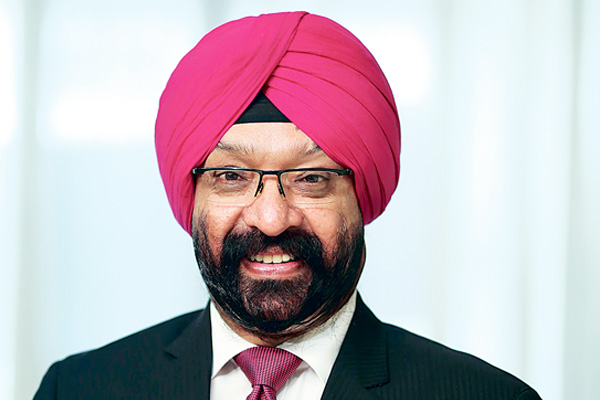There is a need to focus on skill development-Dr Sanjit Singh Lamba
Emerging economies have been struggling with the absence of quality healthcare, and the biggest challenge in healthcare today remains — ‘access and affordability of medicines to all.’ It is unexpected that the nation, which enjoys the attractive position of being the one that provides affordable medicines to over 200 countries, vigorously relies upon its neighbour, China, for many essential and extensive volume drugs. As per the information available, about 84 per cent of APIs of all drugs produced in India are imported. Of these, 65 per cent are from China alone.
Dependency on China
The principle reason behind the imports of APIs from China is the low cost. Be that as it may, reliance on just one nation for such a large import of APIs, as well as some bulk drugs, is potentially a very risky situation. The API imports from China in value terms are close to Rs 13,853 crore. The industry is relying 100 per cent upon imports of penicillin, vitamins, certain antibiotics and intermediates. China has increased the prices of bulk drugs by 11-fold, or 1,200 per cent, during last two years.
It is critical for India to make drugs which are in the National List of Essential Medicines (NLEM). Most of the active pharmaceutical ingredients are being sourced from China for these basic drugs. On the off chance that China quits providing certain material, there will be challenges both in terms of meeting domestic health needs as well as exports.
Katoch committee
Recently, the Central government expressed concern about Indian pharma company’s reliance on China. To lessen India’s import reliance, the Katoch Committee in 2015 recommended reforms such as setting up of mega bulk drugs park in five-six states with financial aid from the center and state governments, reviving public sector units and offering tax benefits for R&D spend. Following are some of the recommendations of the committee.
Recommendations
- Setting up of mega parks for API or Bulk drugs manufacturing.
- Innovative ideas and products should be promoted and awards to scientists/industry should be given for contribution to the industry.
- It is necessary to have proper rules and regulations to have a check on the pollution level and the quality of the output.
- There should be provisions for easy soft loans to the Industry through interest subvention.
- Tax free status to cluster developers and cluster participants.
- Incentives should be provided to the manufacturers for setting up large plants and for importing of technology so that they can reduce the cost of production.
Skill development and training
There is a need to focus on skill development and prepare the workforce for the pharma and life sciences industry at
different dimensions, such as analytical, GMP and quality management, documentation, regulatory requirements and statistical techniques. Academic syllabus of pharma training institutions may incorporate these regions.
Government encouragement
Pharmaceuticals Export Promotion Council (Pharmexcil) is finding a way to decrease this over-reliance on China. The council had been conversing with Chinese regulatory authorities and China Chamber of Commerce for Import & Export of Medicines (CCCIEM) to promote exports to China to maintain the trade balance. The council has submitted a proposal to the Department of Commerce, Ministry of Commerce, Government of India, and created a Task Force comprising of CSIR Labs and industry. The Task Force has recognised some key basic raw materials that are needed to make active pharma ingredients (bulk drugs) and has proposed creation of industrial clusters to make bulk drugs to combat Chinese companies on the price front.
Import duty
The import duty has been increased from 0 per cent to 7.5 per cent on all pharma imports. India’s efforts to reduce reliance on China for drug ingredients are now showing results. In 2017, India imported 354 Active Pharmaceutical Ingredients from China, a 26 per cent plunge compared to 2015. The Prime Minister’s Office (PMO) last year instructed the NITI Aayog and the concerned ministries to plan for APIs production in India. In spite of arranging some meetings and having nearly 300 large and more than 10,000 medium and small companies in the sector, there was very little advancement in this direction.
Conclusion
The suggestions of the Katoch panel such as setting up of mega API clusters, innovative ideas to develop the products, tax free status are commendable, and no doubt these will play an active role in transforming the ‘bulk drug’ the country. Also, other initiatives, for instance, skill development and training, government encouragement, and import duty structure will enable to reduce the Indian pharma dependency from China.
- Advertisement -



Comments are closed.